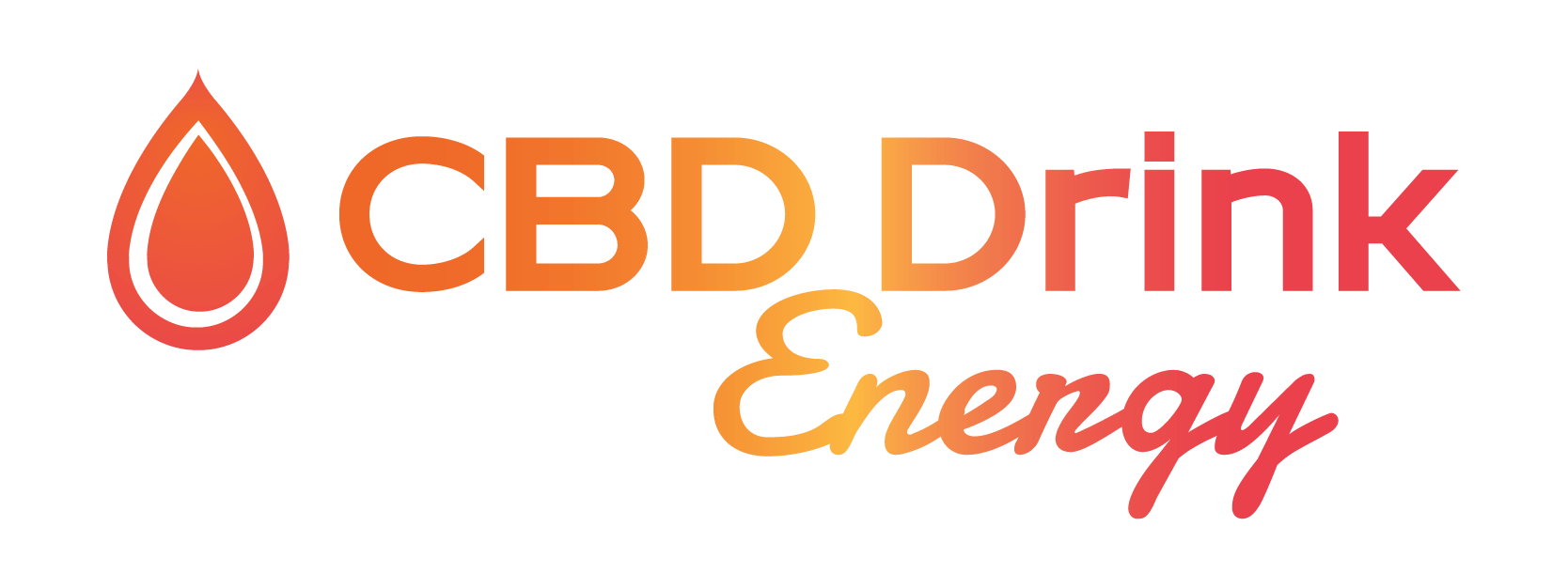Hemp-derived CBD and full-spectrum CBD may sound similar, but they serve different purposes when infused into energy drinks. Understanding these differences helps consumers make more informed choices based on lifestyle, tolerance, and intended effects.
Hemp-Derived vs. Full-Spectrum: The Core Difference
Hemp-derived CBD generally refers to products made from industrial hemp containing no more than 0.3% delta-9 THC on a dry-weight basis. Within this category, manufacturers often use either CBD isolate—pure cannabidiol—or broad-spectrum CBD, which includes additional cannabinoids and terpenes but with THC completely removed.
Full-spectrum CBD, however, preserves the full range of naturally occurring cannabinoids, terpenes, and flavonoids from the hemp plant, including trace levels of THC. These components are believed to work together in what researchers call the “entourage effect,” a potential synergy that could enhance the overall impact of the cannabinoids, though scientific evidence remains preliminary.
Why It Matters in Energy Drinks
When CBD is added to energy drinks, the formulation directly influences how consumers experience it. Drinks with CBD isolate or broad-spectrum CBD are designed to deliver relaxation or focus benefits without the presence of THC—ideal for those who are sensitive to it or must avoid THC for personal or professional reasons.
Full-spectrum CBD beverages may offer a more holistic effect due to their inclusion of additional hemp compounds. Some users report a more balanced or calming feeling compared to isolate-based drinks. However, because full-spectrum CBD includes trace THC, regular or high consumption could theoretically trigger a positive drug test, depending on the person’s metabolism and dosage.
Taste, Texture, and Transparency
There are also subtle sensory differences. CBD isolate produces a cleaner, almost flavorless base, making it easier to blend into fruit-forward or citrus energy drinks. Full-spectrum CBD often carries a slightly herbal or earthy note due to the presence of plant compounds. While not unpleasant, it does give some beverages a more “natural” profile that appeals to wellness-oriented consumers.
Regardless of the formulation, quality control is key. Consumers should look for brands that provide a Certificate of Analysis (COA) from a third-party lab. This report should confirm cannabinoid levels, show THC as “ND” (non-detectable) if claimed, and verify that the product is free of heavy metals, pesticides, and solvents.
Legal and Safety Considerations
At the federal level, hemp-derived CBD is legal under the 2018 Farm Bill, but the FDA has not yet approved CBD as a food or beverage ingredient in interstate commerce. Individual states have their own rules—some permit CBD-infused drinks while others restrict them—so buyers should always check local regulations before purchase.
In terms of safety, CBD is generally well tolerated, but it may interact with prescription medications and should be used cautiously by pregnant or nursing individuals. As with any supplement, starting with a low dose and monitoring personal response is recommended.
Bottom Line
Consumers seeking a THC-free option should choose isolate or broad-spectrum CBD energy drinks. Those who prefer a “whole-plant” experience may opt for full-spectrum, understanding it includes trace THC. In every case, transparency, lab testing, and compliance remain the most important factors when selecting a trusted CBD energy drink.
